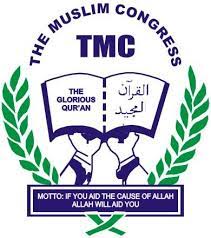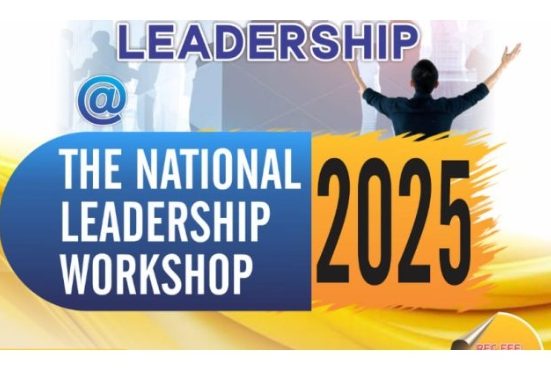The Muslim Congress (TMC) has taken a bold step to confront the growing challenge of negativism syndrome among leaders and aspiring leaders at its recent Leadership Workshop, drawing attention to the need for a positive and resilient mindset in today’s demanding environment. The event, which attracted participants from various sectors, focused on equipping leaders with practical tools to overcome the psychological barriers that often hinder effective leadership and organizational progress.
Negativism syndrome, a term that encapsulates persistent pessimism, self-doubt, and a resistance to constructive change, has been identified as a major stumbling block for leaders and teams aiming for excellence. At the workshop, facilitators emphasized that overcoming this syndrome is not just about positive thinking, but about building authentic leadership grounded in purpose, adaptability, and the willingness to embrace feedback. Drawing from both local realities and global best practices, the sessions highlighted how negativity can cripple innovation, sap team morale, and ultimately derail organizational objectives if left unchecked.
Participants were encouraged to adopt a growth mindset, where mistakes are viewed as learning opportunities rather than failures. This approach aligns with findings that reframing failure and success can help leaders move from doubt to confidence, turning self-doubt into a source of empowerment and resilience. The workshop also stressed the importance of continuous learning, mentorship, and peer support as vital strategies for combating the effects of negativism and imposter syndrome, which is known to affect even high achievers in leadership positions.
In a country where economic and social challenges have led to widespread frustration and the so-called “japa” syndrome-where talented individuals seek opportunities abroad-the TMC’s intervention is timely. Experts at the event noted that the antidote to negativism lies in authentic, purpose-driven leadership that values optimism, recognizes achievements, and fosters open communication within teams. Leaders were urged to eliminate ego, build strong internal and external networks, and keep a sharp focus on the needs of their people and stakeholders.
The TMC’s leadership workshop stands as a clarion call for Nigerian leaders to rise above the culture of pessimism and embrace a new paradigm of hope, adaptability, and continuous self-improvement. By addressing negativism syndrome head-on, the organization is setting the stage for a new generation of leaders who are not just prepared to face challenges, but are equipped to turn adversity into opportunity for themselves and their communities.


